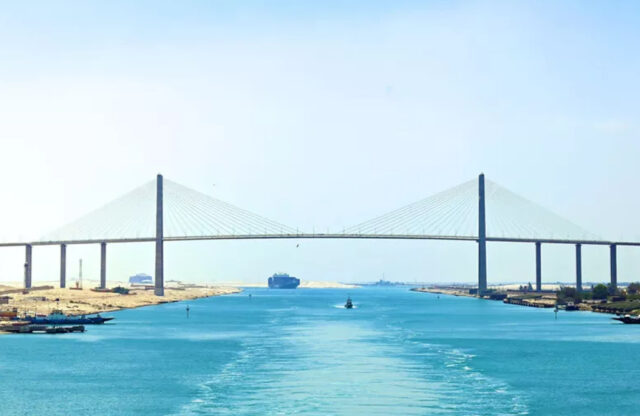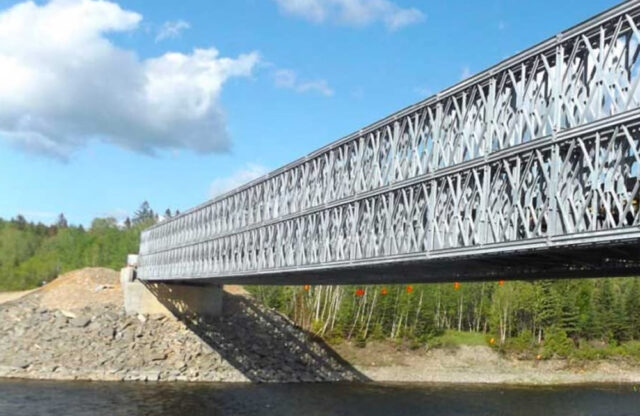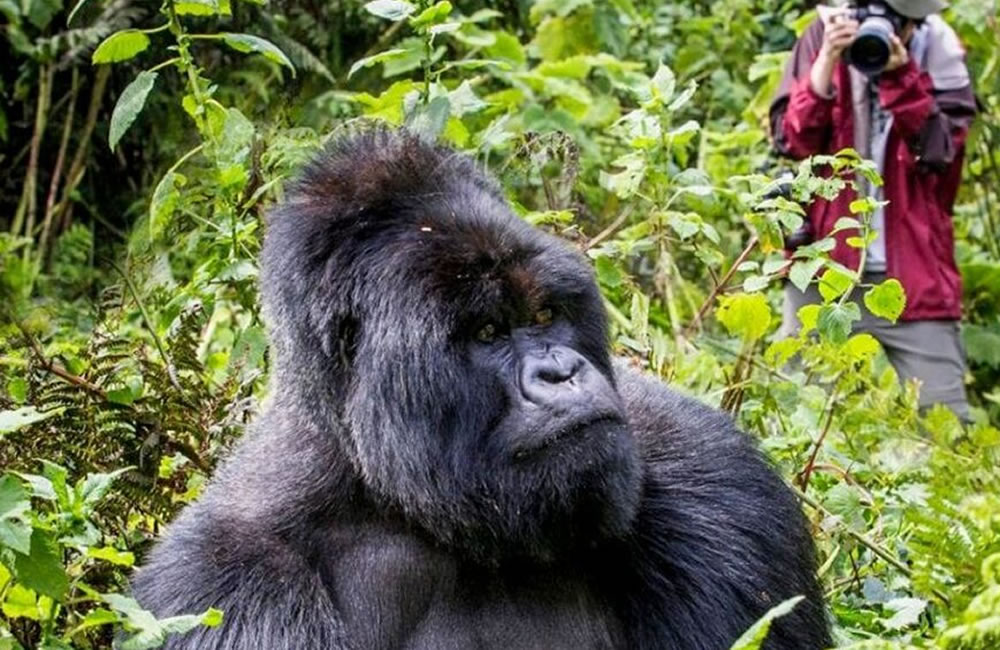3 African Businessmen Who Lost it All and Made Dramatic Comebacks
KEY POINTS
- Within 24 hours, Otedola lost over $480 million due to the oil price crisis. He also lost $280 million due to Naira devaluation and another $160 million when his stocks crashed.
- Before his comeback, Masiyiwa hit rock bottom after losing his fortune in funding a case against the government.
- Abdulsamad Rabiu bounced back after pulling off a near-impossible coalition with competitors to compete for market shares with the prominent market leader.
There is a popular saying that – maintaining success is a more difficult task than attaining it. For someone to attain billionaire status, they have to work harder than everyone else.
Then, to maintain this status, one has to triple the workload, discipline, and dedication that gave them that success in the first place. There are many millionaires and billionaires across the globe who learned the hard way and lost all their fortunes before a twinkle of an eye.
It is normal for businessmen and women to experience turbulence, but when they lose their fortunes – only a few are able to walk their way back to the top. There are many examples of businessmen who lost their fortunes and never made a comeback – not only in Africa but the world at large.
However, this article will be focusing on African businessmen who lost it all and made dramatic comebacks. Their stories give hope and offer a new perspective on the definition of failure.
Check out 3 African billionaires who hit rock bottom but picked themselves up and rebuilt their businesses from the ground up.
Femi Otedola
Femi Otedola is a name we still hear around the billionaire club today because of his doggedness and sheer determination to succeed. In 2008, the Nigerian billionaire experienced a business tornado that was capable of adding him to the list of people who fell from the top.
At that time, Otedola’s company, Forte Oil, was the number one diesel supplier and a big name in the Nigerian market. He had more than 500 retail petroleum stations across the country and had the potential to expand even further.
In 2008, Otedola – who was looking to further tighten his grip as the biggest importer of diesel in Nigeria, controlling over 98% of the market share at that time, ordered one million tons of diesel.
But unfortunately, while his shipment was still at sea, heading for Nigeria, the international oil price dropped from $146 per barrel to $34 per barrel overnight.
To add salt to the injury, the Nigerian economy, which was affected by the fall in oil price, took a decision to devalue the Naira and increase interest rates on loans. Within the space of 24 hours, Otedola lost over $480 million due to the oil price crisis.
He also lost another $280 million as a result of the naira devaluation, and his interest debt rose to a staggering $320 million. As if that was not enough, he lost another $160 million when his stocks crashed in the financial market.
With a debt of over $ 1.2 billion, Otedola was kicked out of the Forbes list of billionaires.
“After I lost the money, something that struck me was that my father had always been my role model in life and the first thing I had to do was to protect his name. He had a policy; honesty was the best policy, so I had to protect that name and his integrity,” Otedola recalled.
So, he remained determined to take the bull by the horn and fight his way back to the top by making strategic decisions. He was able to get his bank to write off $400 million, and he was left with a total of about $800 million to pay.
The next step was to value and sell a huge part of his assets, especially his real estate and shares in several multinationals, and pay off the debt. He sold some of his shares at African Petroleum (AP) and was left with only 34 percent before rebranding it to Forte Oil.
He would go on to further make some key strategic decisions and pay off his debts while slowly but steadily building his business empire back up. In 2014, Otedola shocked the world when Forbes released its list of African billionaires and enlisted Otedola with a net worth of $ 1.8 billion.
Strive Masiyiwa
The name – Strive Masiyiwa is a household name across Africa for many reasons, but his association with Econet Wireless ranks tops the list. Currently, the Zimbabwean billionaire is worth about $3.8 billion, according to Forbes’s latest ranking.
But this did not come overnight; indeed, Mr. Masiyiwa has been up and down – and up the ladder. In the eighties, Strive owned a hugely successful engineering company in Zimbabwe, and as his fortunes grew, he decided to invest in the telecommunication industry in Africa – which was taking shape at that time.
He decided to start his own telecoms company in Africa – Econet Wireless, but the government of Zimbabwe, led by former president Robert Mugabe refused to grant him the license to start the company and operations in Zimbabwe.
But the businessman refused to accept the decision and took the government to court – starting a legal battle that lasted for many years and nearly rendered the African billionaire bankrupt.
He hit rock bottom and lost his fortunes as he continued to fund the case against the government’s decision. After five years of the legal battle, which also ended up affecting his other business operations in the country, the constitutional court ruled in his favour, and Strive Masiyiwa launched Econet Wireless which saw his fortunes rise again.
Today, Strive has an almost permanent spot on the Forbes list of African billionaires and is credited for pioneering the introduction of telecommunication in Africa. He is still in control of over 50 percent of shares in Econet to date.
Abdulsamad Rabiu
Abdulsamad Rabiu is the Chairman of BUA Group. His name appeared on the Forbes list of billionaires for the first time in 2013 after some impressive business decisions that saw his fortunes increase above the one billion dollars mark.
However, the status was short-lived after his name was removed from the list a few years later. The reason for this was that the Nigerian billionaire experienced a huge decline in his worth owing to a devaluation in the Naira in 2017 that affected his finances.
Rather than make negative business decisions to protect what he had left, the Chairman of BUA Group began to make strategic business decisions, including branching into the viable cement market. He raised his cement production capacity by building factories.
Today, with a production capacity of 11 million metric tons, his company, BUA Cement, is the second-largest cement producer in Nigeria. One of his biggest and most successful decisions was merging Kalambaina Cement, a subsidiary company of BUA Cement, with Cement Company of Northern Nigeria (CCNN) – a company that traded on the floor of the Nigerian Stock Exchange.
As a controlling shareholder, his fortunes rose, and he became the third richest man in Nigeria – taking him back to the Forbes list in 2020.
According to the latest Forbes report, Abdulsamad is now the second richest man in Nigeria, behind Aliko Dangote, with an estimated worth of about $ 6.5 billion.







